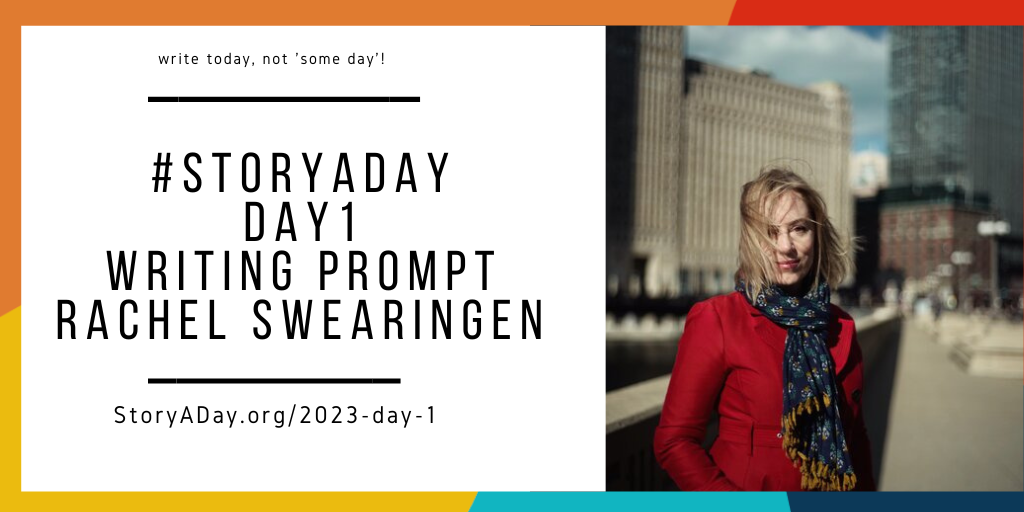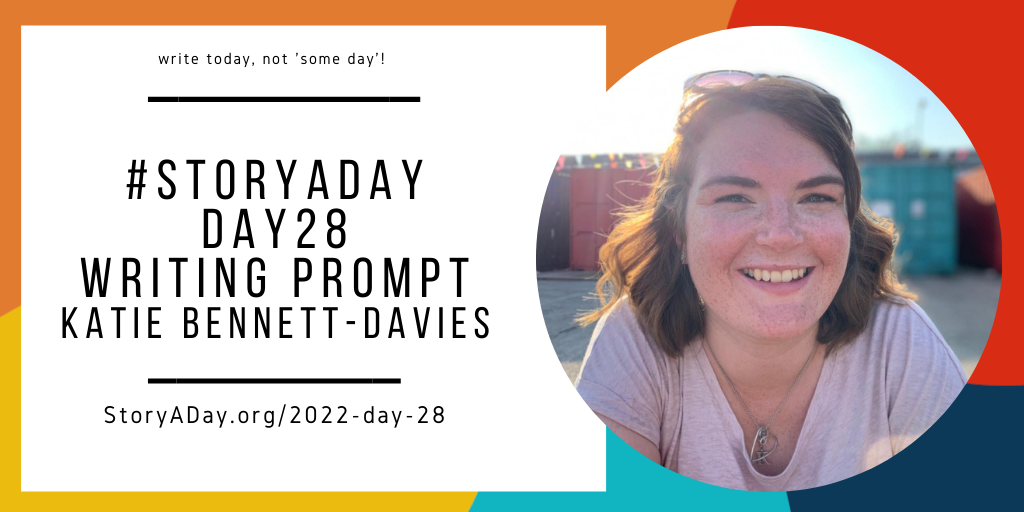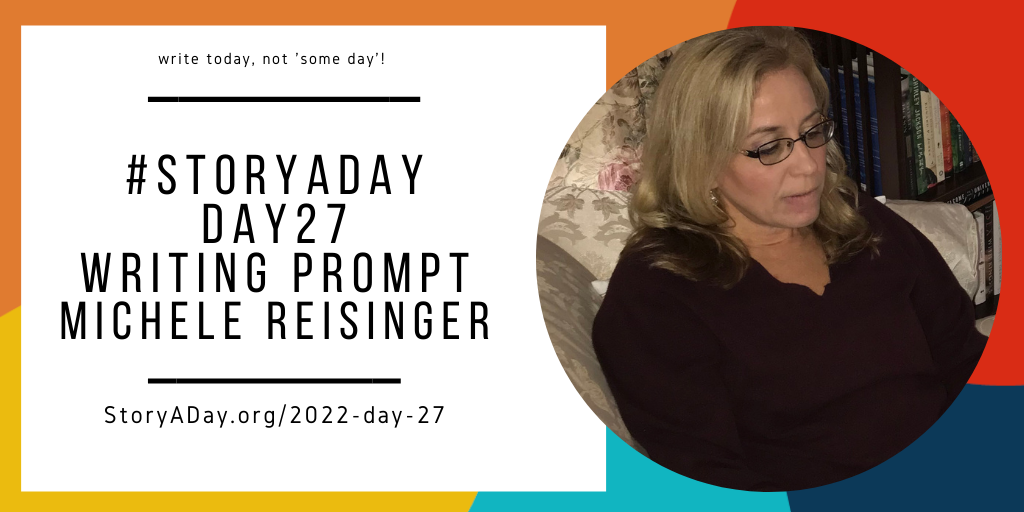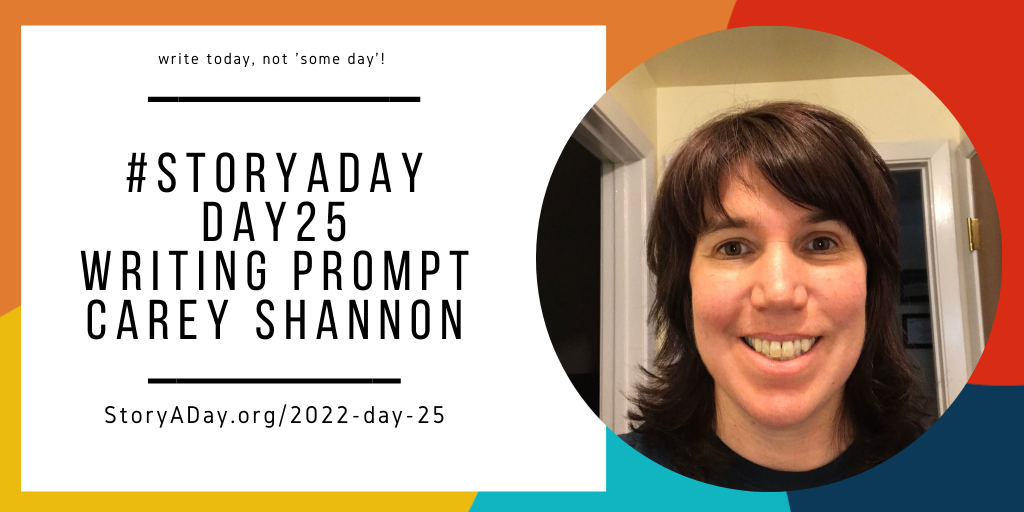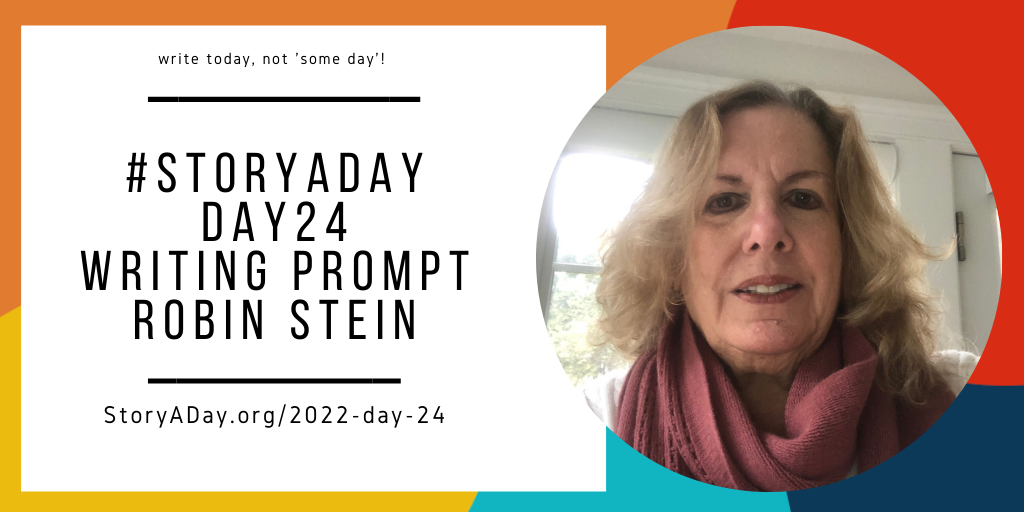The Prompt
Expand, Narrow, Explode the Frame
Write a scene in which a character is looking for something or someone that has been lost. Use all the senses to describe the setting. Give us a sense of the body and include the following “moves” in any order:
1. Allow the details of the scene to feel close, contained, even constricting.
2. Describe the thing that has been lost, a brief memory perhaps that has been triggered by its loss.
3. Look down. Zoom in on something very small.
4. Bring in a distant sound.
5. Draw attention to an opening of some sort, a window, a door, a hole in the wall or in a dense wood or in a thick covering of clouds, for example.
6. Can your character see or sense what is beyond that opening?
7. Allow your character to climb down or up or into for to a new vantage point.
8. Is your character alone? Invite a stranger to the scene. What happens now?
Rachel Swearingen
Rachel Swearingen is the author of “How to Walk on Water and other short stories” which received the New American Press Fiction Prize. Find out more at RachelSwearingen.com
Join the discussion: what will you do with today’s prompt OR how did it go? Need support? Post here!
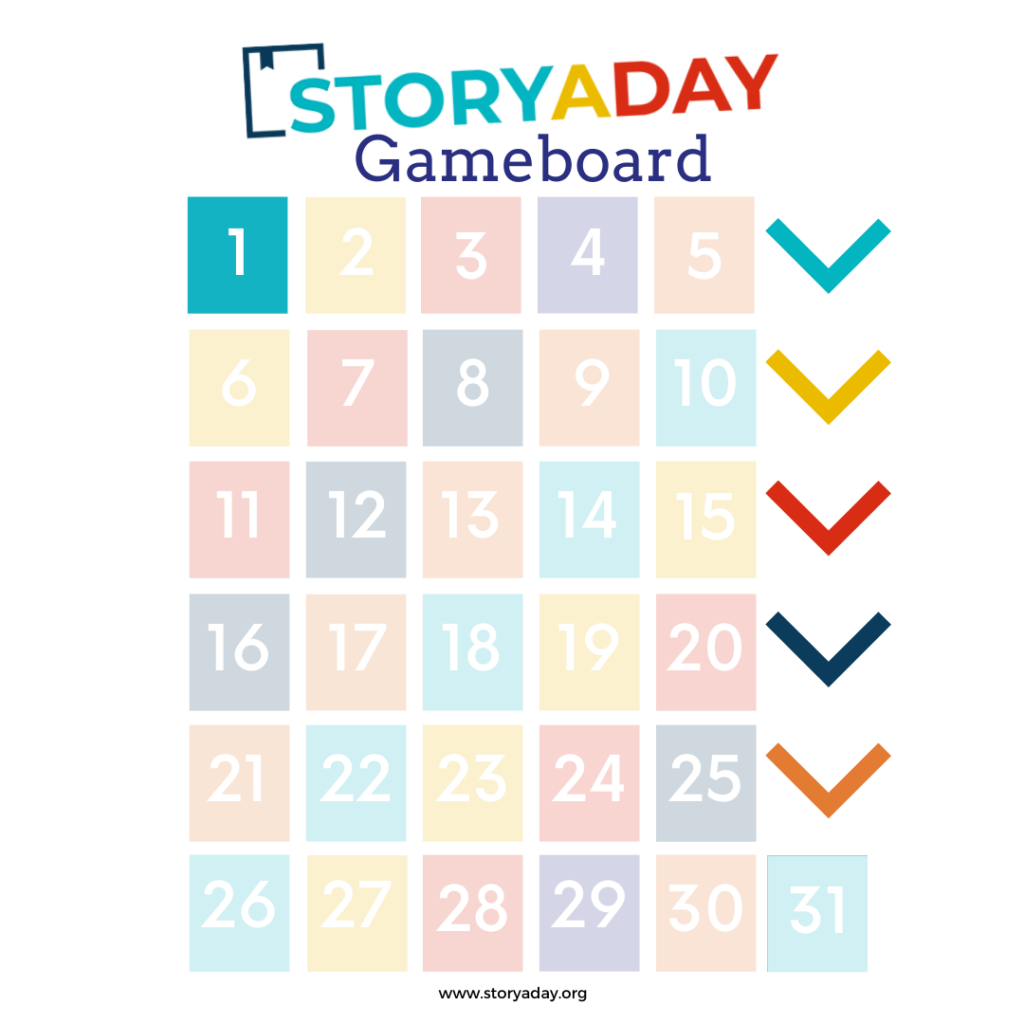
Here’s your next Game Piece. save the image and share on social media with #storyaday
Prefer paper crafts? Here’s the cut & paste version

